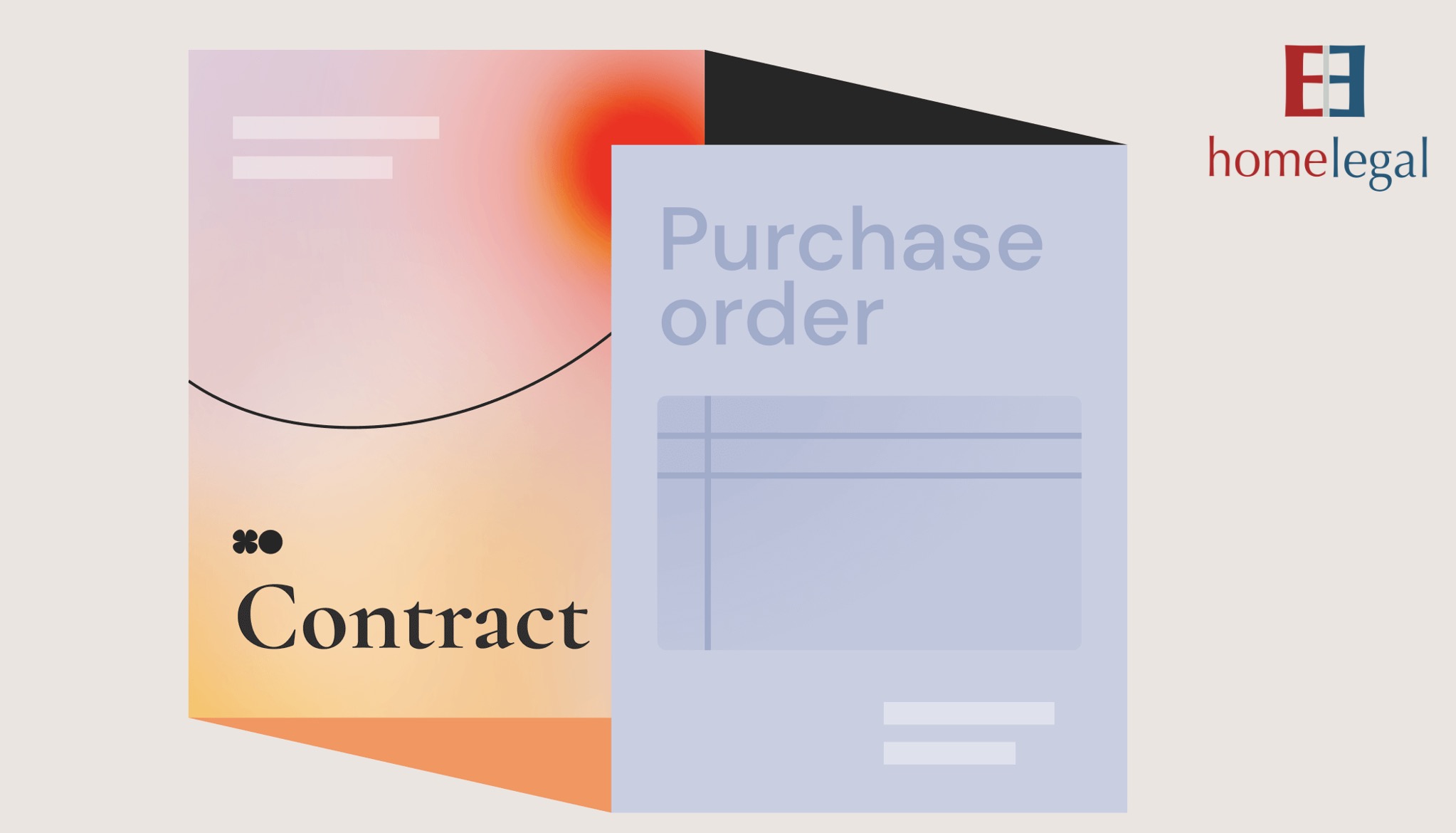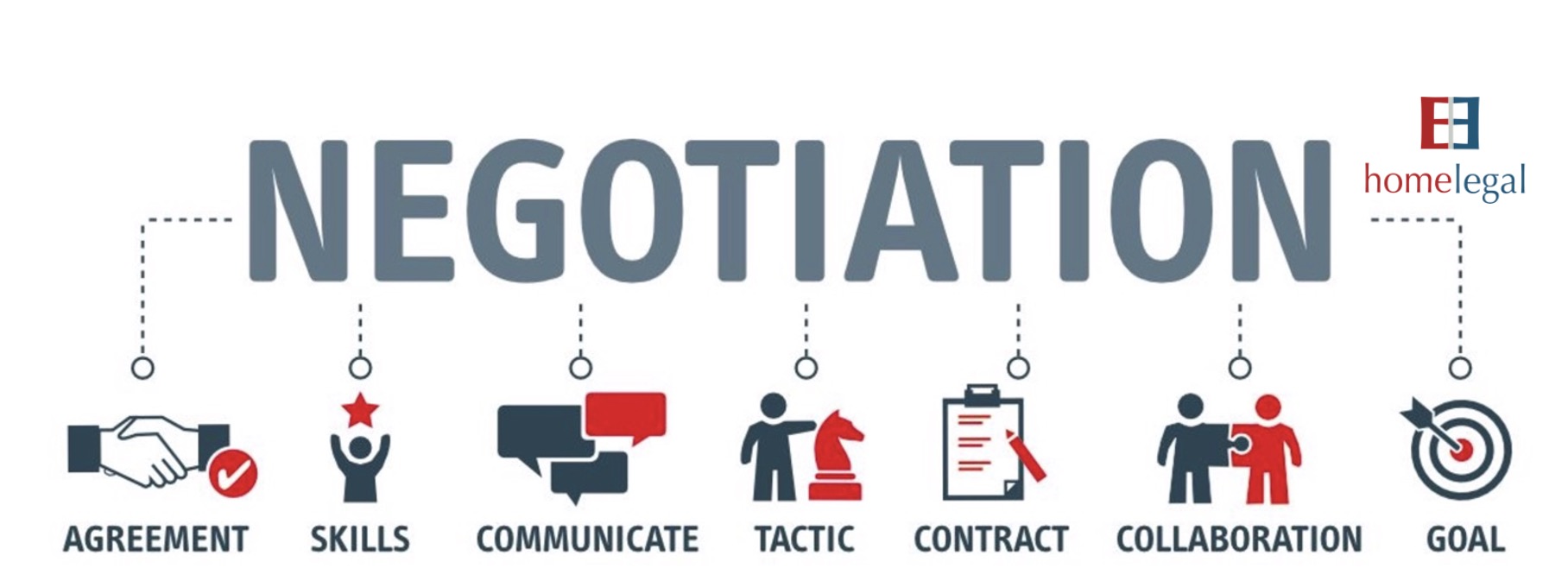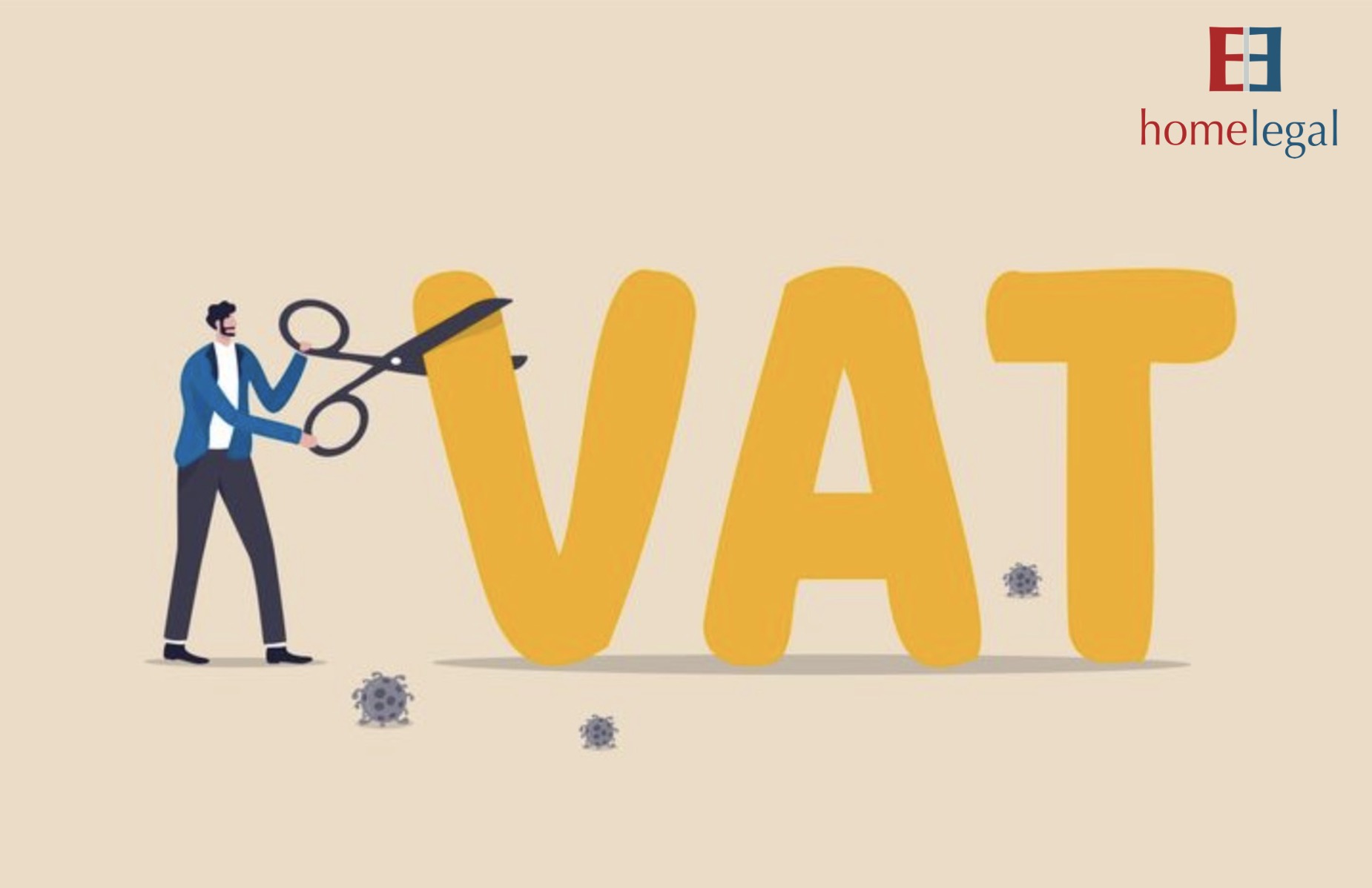Contracts and purchase orders are two important legal instruments that play a crucial role in the world of commerce. Although they share some similarities, they are distinct and serve different purposes. Understanding the differences between contracts and purchase orders is essential for businesses to manage their relationships with suppliers effectively and protect their rights and obligations.
A contract is a legally binding agreement between two or more parties that outlines the terms and conditions of a transaction. Contracts can be written or verbal and are used to enforce the rights and obligations of each party involved. These agreements can cover a wide range of transactions, including the sale of goods and services, employment agreements, and real estate transactions. For example, if a company wants to purchase goods from a supplier, they would sign a contract that outlines the terms of the transaction, such as the price, delivery date, and any warranties offered by the supplier.
On the other hand, a purchase order is a document used to place an order for goods or services from a supplier. This document acts as a request for the supplier to provide the specified goods or services at a specified price and within a specified time frame. For example, if a company needs to place an order for office supplies, they would create a purchase order that specifies the type of supplies they need, the quantity, and the delivery date.
The main difference between a contract and a purchase order is their level of detail and purpose. Contracts are comprehensive legal agreements that outline the rights and obligations of both parties in detail. They often include clauses such as warranties, payment terms, and dispute resolution mechanisms. On the other hand, purchase orders are more focused on the specific details of the transaction, such as the goods or services being ordered, the price, and delivery terms.
Despite these differences, contracts and purchase orders are often used together in commercial transactions. A contract may be used to establish a long-term business relationship between a buyer and a supplier, while purchase orders are used to place specific orders for goods or services as part of that relationship. The contract sets out the overarching terms and conditions of the relationship, while the purchase order specifies the details of each individual transaction.
In conclusion, contracts and purchase orders are two essential legal instruments that play a crucial role in commercial transactions. Understanding the differences between these two instruments is essential for businesses to manage their relationships with suppliers effectively and protect their rights and obligations. Whether it's a contract for a long-term business relationship or a purchase order for a specific transaction, both play a vital role in ensuring a successful and smooth transaction.

















